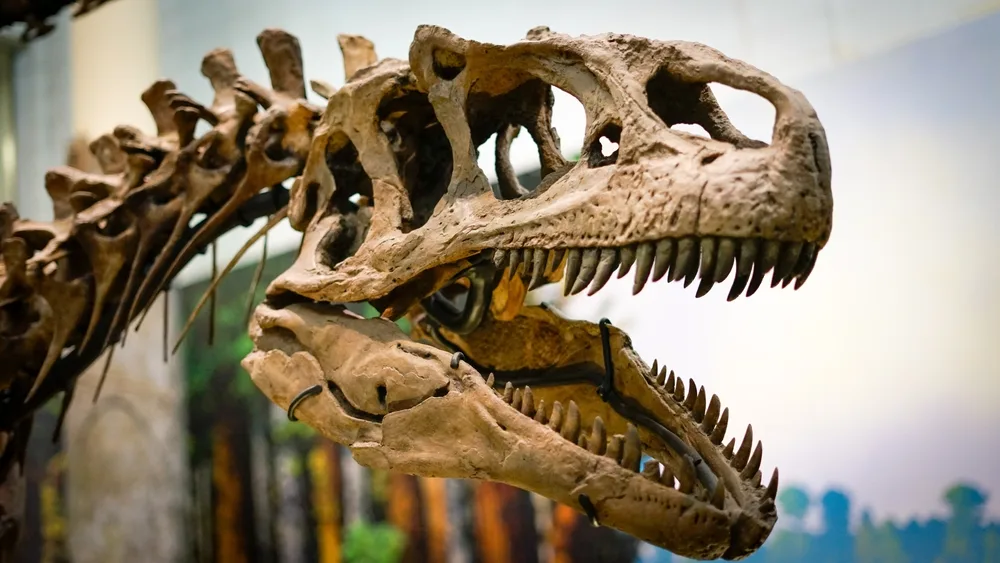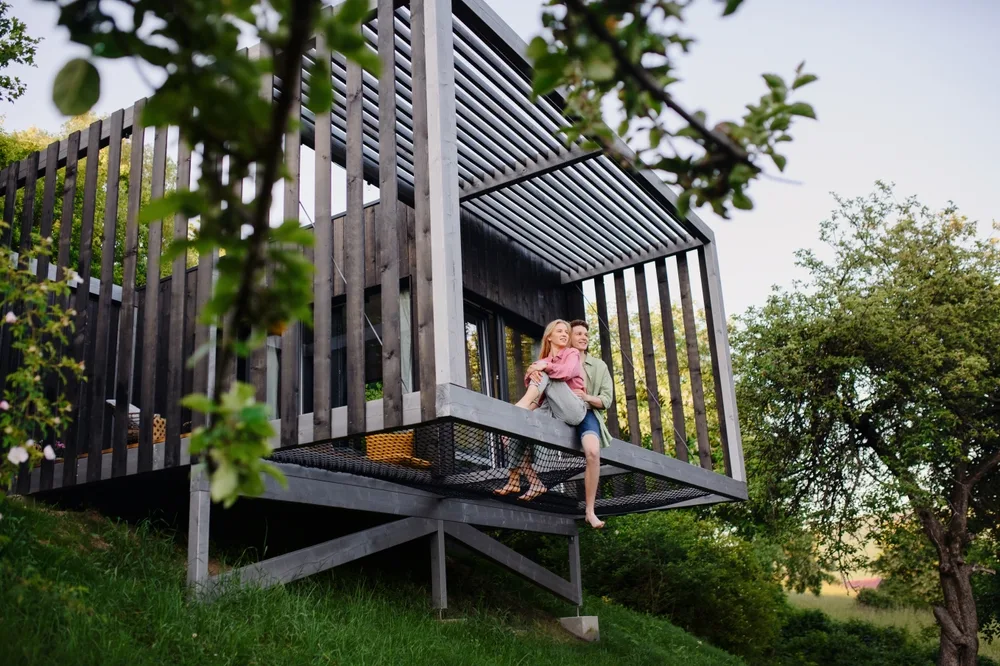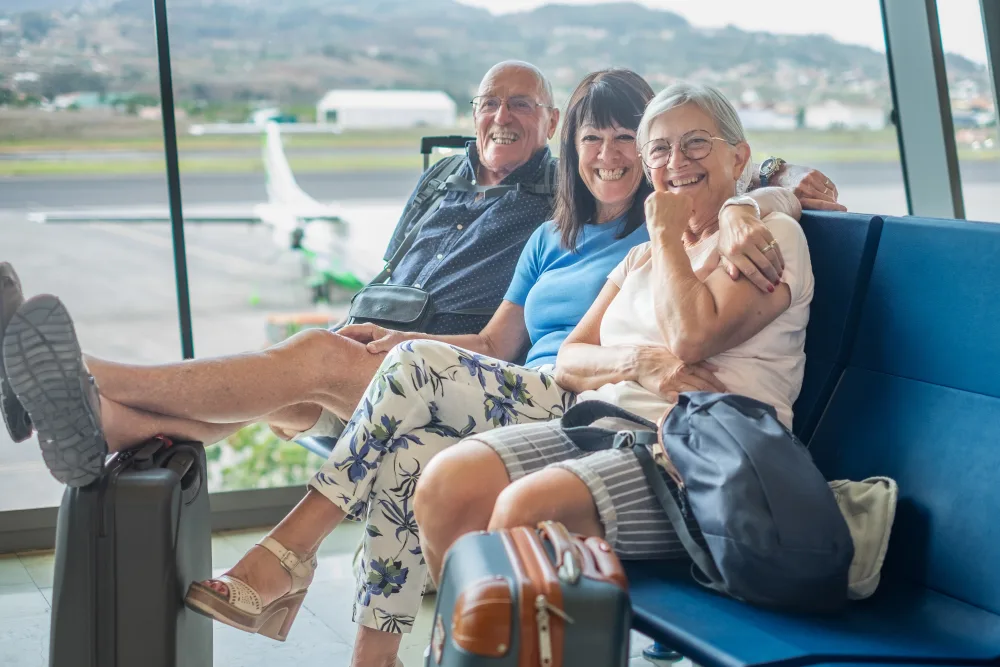Blog
Categories
-

Roarsome travel: the world’s top-rated dinosaur museums
With Jurassic World: Rebirth stomping into cinemas this July, it’s the perfect time to unleash your inner palaeontologist and explore the planet’s best dinosaur museums.
-

Sustainable travel made simple – how to join the green tourism movement
Travel opens up new horizons – but it can also leave a footprint on the planet. If you’re wondering what sustainable travel is or how to be part of the green travel movement, you’re in the right place.
-

Germs on the go: bacterial study reveals our suitcases are dirtier than the average toilet
Going on holiday is exciting, but it also means being exposed to all sorts of germs and grime, especially when it comes to your luggage. Your suitcase rolls through airport bathrooms, station platforms, pavements, and public transport, picking up far more than just memories. But how often do we actually need to clean our luggage?…
-

7 Green getaways you can feel good about
Eco-friendly escapes let you explore the world without leaving a heavy footprint behind. And guess what? They’re a lot more exciting than you think.
-

ABTA and ATOL: What they cover and why travel insurance still matters
Planning your next adventure? Whether you’re dreaming of island-hopping in Greece or embracing the full hygge experience in Norway, there’s a lot to consider before you set off. Luggage, passports, and travel insurance, of course… and something called ABTA and ATOL.
-

What to do if you get sick abroad
Getting ill while on holiday is never part of the plan. But sometimes, your body doesn’t check the itinerary. Whether it’s a dodgy seafood paella in Spain or a surprise fever while hiking through the Andes, getting sick abroad can feel stressful and isolating. But don’t worry, we’ve got your back…
-

9 Best travel apps for over 50s
Travel in your 50s, 60s and beyond is one of life’s greatest pleasures – a chance to explore new places, revisit favourites, and enjoy more freedom to roam. But planning a trip can sometimes feel overwhelming, especially with so many things to organise.
-

17 Best activities for families on holiday
Family holidays aren’t just about getting away – they’re about growing closer, laughing louder, and creating the kind of memories your kids will bring up at every family gathering for years to come. Whether wandering along a golden coastline or navigating a quirky local museum, it’s those shared experiences that make travel unforgettable.
-

Top 5 hottest destinations in Europe
Sun-chasers, this one’s for you. If your weather app is stuck on grey and you’re craving some vitamin D, you’re in the right place. Here are the destinations in Europe currently basking in the best of the season – perfect for spontaneous escapes and sunny poolside getaways alike.
-

The 2025 wellbeing report: why Brits can’t switch off
With 96% of UK adults rating health and wellbeing as a key consideration when booking holidays for the year ahead, 2025 is set to be defined by a national quest for mental restoration through travel.

